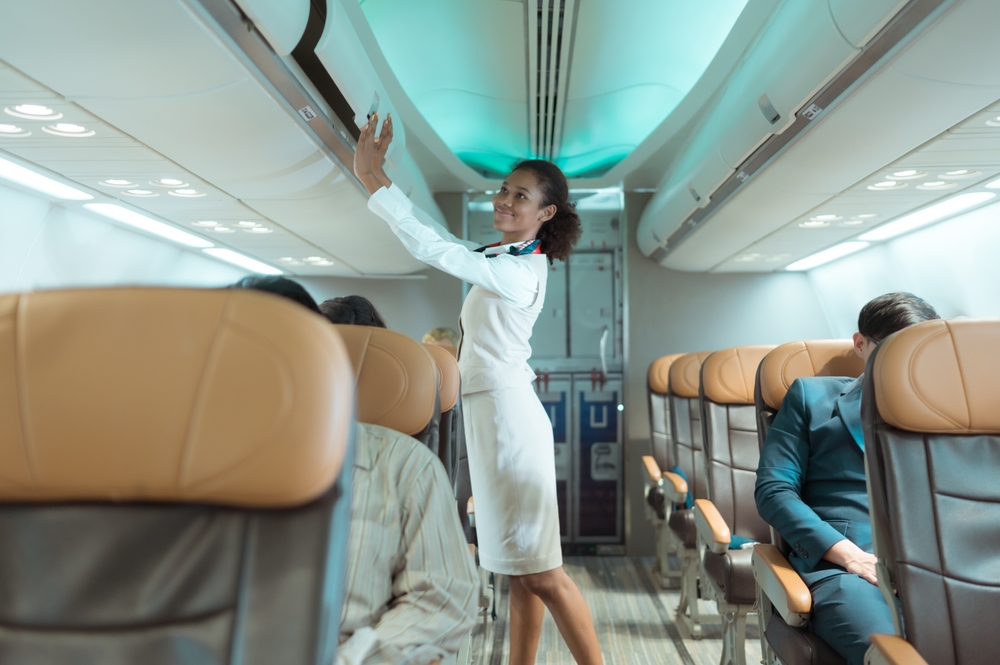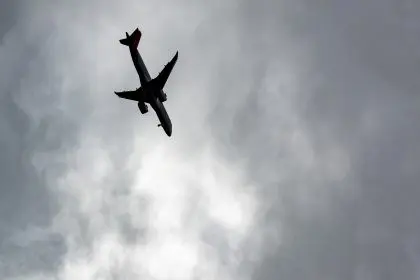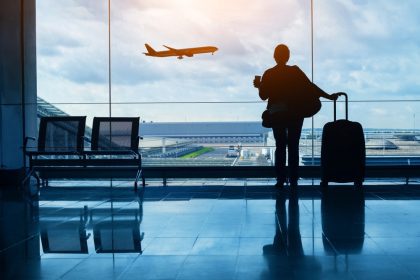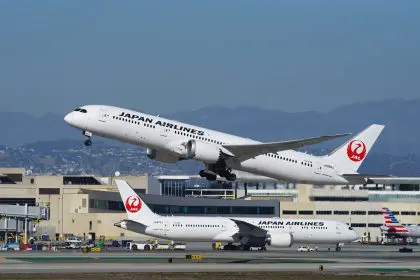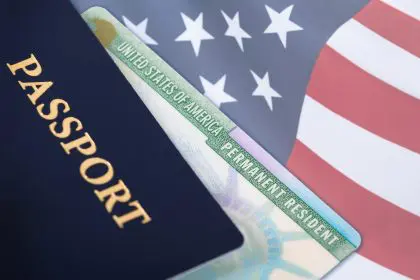That steaming cup of coffee might seem like the perfect mid-flight comfort, but flight attendants consistently avoid it. Their reasons stem from years of industry experience and intimate knowledge of aircraft operations, revealing important considerations for travelers.
Water quality concerns
The foundation of every cup of coffee is water, and this is where the problems begin. Aircraft water tanks, the source for all brewed beverages, present serious concerns that make flight attendants wary. Environmental Protection Agency studies have revealed troubling findings about airplane water quality, including the presence of coliform bacteria in some water samples.
While federal regulations require periodic testing, the standards don’t match typical ground-based water quality requirements. Flight attendants, who witness these issues firsthand, often note that water tank cleanliness varies significantly between aircraft and airlines. The inconsistent cleaning schedules between flights and varying standards across different airlines further compound these concerns.
Brewing challenges at altitude
Making coffee in the sky comes with unique challenges that affect both safety and taste. Aircraft systems rarely allow water to reach optimal brewing temperature, which not only produces subpar coffee but also fails to kill potential bacteria effectively. This limitation isn’t just about taste—it’s a safety consideration that flight attendants take seriously.
The brewing equipment itself poses additional challenges. Coffee makers operate under strict pressure restrictions at high altitudes, and the limited space affects both water storage and maintenance access. These constraints, combined with minimal cleaning opportunities between flights, create conditions that make many crew members think twice about drinking the coffee.
Health implications for crew
Flight attendants, who work multiple flights daily, face increased exposure to potential risks from airplane beverages. Their regular contact with aircraft water systems and the need to serve numerous cups per shift puts them at higher risk for experiencing adverse effects. Many crew members report patterns of mild illness and digestive issues that they’ve correlated with consuming airplane coffee.
Professional observations from veteran flight attendants show varying experiences across airlines, but a consistent theme emerges: those who avoid airplane coffee report fewer incidents of stomach discomfort. This pattern becomes particularly noticeable on longer routes and during consecutive days of flying.
Alternative practices
Experienced flight attendants have developed strategic approaches to stay caffeinated while avoiding potential risks. Many bring coffee from home in thermal containers or plan their caffeine intake around airport stops. This isn’t just about preference—it’s a deliberate choice based on years of observing the effects of airplane coffee consumption.
Some crew members maintain personal thermoses of coffee brewed before their shift, while others carefully time their airport purchases to last throughout their flight schedule. These practices reflect their professional understanding of both the risks and the importance of staying alert during long flights.
What passengers should know
Travelers can learn from flight attendant practices to make informed decisions about their in-flight beverage choices. Consider bringing your own instant coffee packets or purchasing drinks at the airport before boarding. For longer flights, a quality thermal container filled with coffee from home can provide a safer and more satisfying option.
Research your airline’s water quality ratings before flying, and pay attention to recent EPA reports on carrier compliance. While onboard, notice what beverages the crew chooses—their selections often reflect insider knowledge about the safest drinking options.
Moving forward
Understanding why flight attendants avoid airplane coffee helps passengers make informed choices without creating unnecessary anxiety. Planning ahead can significantly improve your in-flight beverage experience. Consider purchasing drinks after passing through security but before boarding, or bring an empty thermal container to fill at the airport.
Airlines continue working to improve their water quality standards and beverage service, but until significant changes occur, following the lead of experienced flight attendants might be the wisest choice. Remember that while these concerns exist, they’re manageable with proper planning and awareness.
Your next flight doesn’t have to mean sacrificing your coffee routine—it just requires some forethought and understanding of why those who know planes best choose to bring their own beverages. Whether you choose to avoid airplane coffee or take your chances, you’ll now be making that choice with the same knowledge that guides flight attendant decisions.
This story was created using AI technology.

